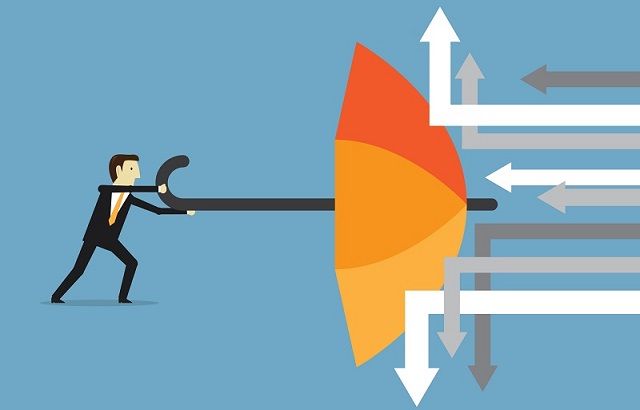The European Insurance and Occupational Pensions Authority (Eiopa) found in its most recent stress tests of European pension funds that sustainable investments would help them to withstand an adverse scenario.
The 2019 occupational pensions stress test assessed the resilience of the European pension sector to identify areas of weakness and discuss possible preventive measures.
Eiopa is part of the European System of Financial Supervision and supports the stability of the financial system, the transparency of markets and financial products as well as the protection of beneficiaries.
A sample showed that, in an adverse scenario, almost one quarter of assets by Institutions for Occupational Retirement Provision (Iorps), totalling €270bn, would be wiped out.
While the long-term obligations and horizons of Iorps mean that they are able to sustain short-term volatility and downturns for longer periods than other financial institutions, adverse trends can have long-term negative implications, it said.
Adverse scenario
Eiopa’s adverse market scenario entails a sudden reassessment of risk premia and shocks to interest rates on short maturities.
It was applied to the end-2018 ‘baseline’ balance sheet of a sample of 176 Iorps of 19 European Economic Area countries.
For the first time, the stress test included an assessment of environmental, social and governance (ESG) exposures and found that, to future-proof pensions, “sustainable finance and the consideration of ESG risks are core”.
Expert Investor reached out to Eiopa to find out how it defines ‘core’, but no response was received ahead of publication.
Gabriel Bernardino, chairman of Eiopa, said: “Long-term obligations and long investment horizons arguably require Iorps to consider ESG factors and enable Iorps to sustain short-term volatility and market downturns for longer periods than other financial institutions.
“The supervisory monitoring and the applied supervisory tools need to be capable of detecting adverse market trends and market developments that can have long-term negative effects,” he added.
ESG results
While the result showed that the majority of Iorps are taking appropriate steps to integrate ESG considerations in their risk-management and investment allocations, it warned that further work will be needed to implement the “ambitious objectives of the Iorp II Directive” and other legislative initiatives.
The preparedness of Iorps to integrate sustainability factors varies greatly and seems to depend on how developed national frameworks are, it wrote.
The test found that 30% have processes in place to manage ESG risks and 19% assess the impact of ESG factors on investment risks and returns.
It also indicated a high carbon footprint of equity investments relative to the EU economy.
The report concluded: “The stress test results showed that the persistently challenging economic environment in recent years has taken its toll on the European Iorps.
“Whilst still generally meeting national funding requirements – to varying degrees: from comfortably to marginally, the significant exposures to market risks may pose a threat to the European IORPs that exhibit vulnerabilities, which eventually may substantially affect the future retirement income of their members and beneficiaries.”
Other key points of the adverse scenario
- The financial situation of Iorps would be heavily affected in the short term;
- Iorps would need financial support from sponsoring undertakings or other security mechanisms; and,
- There would be long-term effects on the future retirement income of members and beneficiaries should the short-term effects become permanent.
Eiopa plans to follow up on the findings to examine the investment behaviour of Iorps in more detail, in particular regarding an ultra-low and a negative interest rate environment.
The next stress test will take place in 2022.







